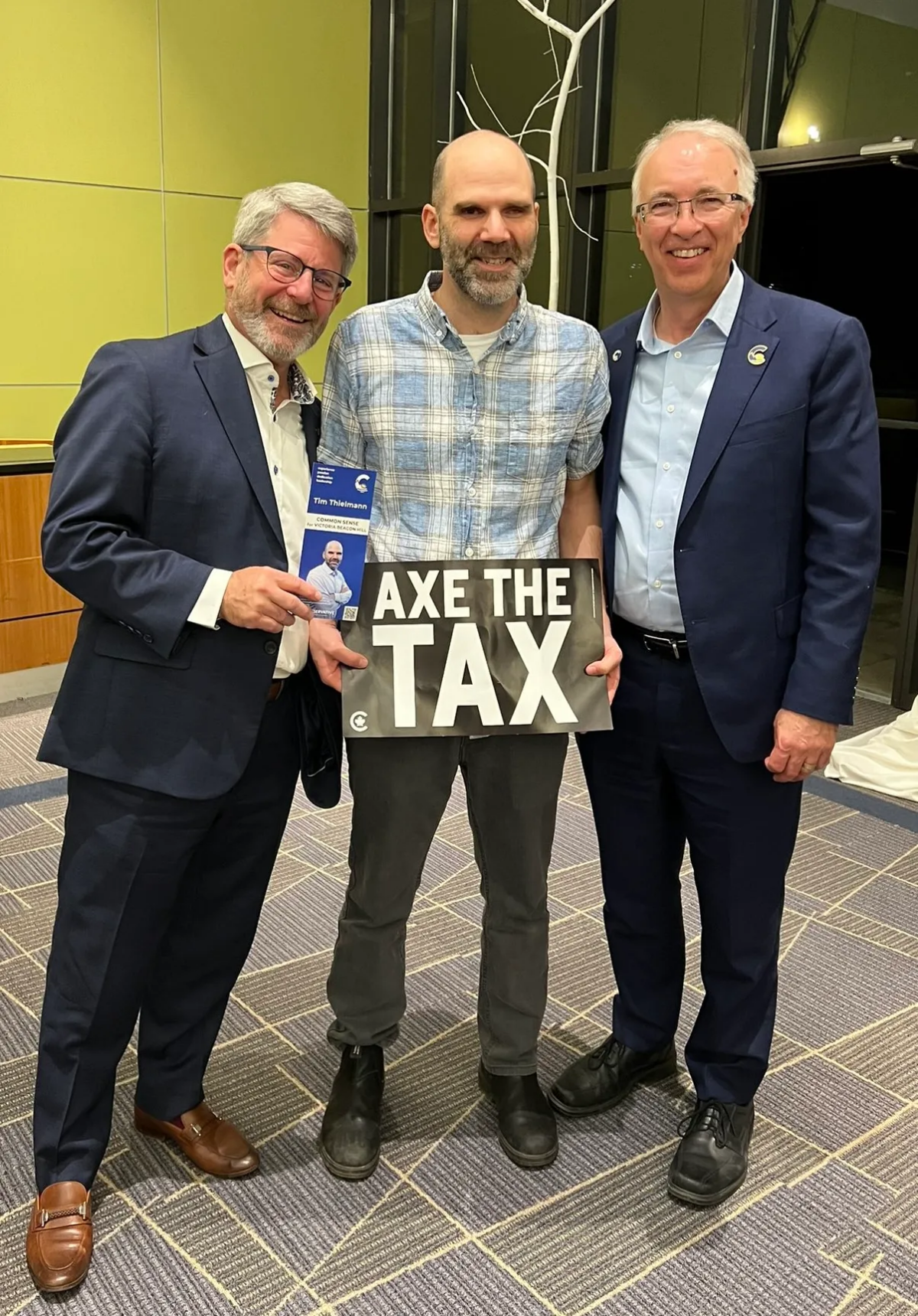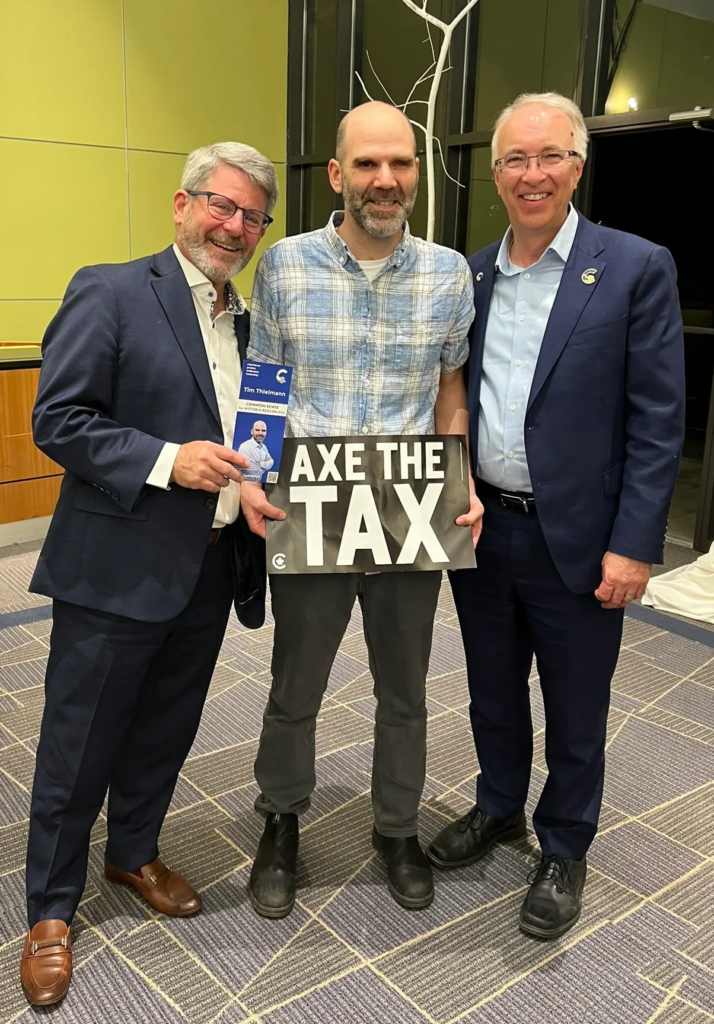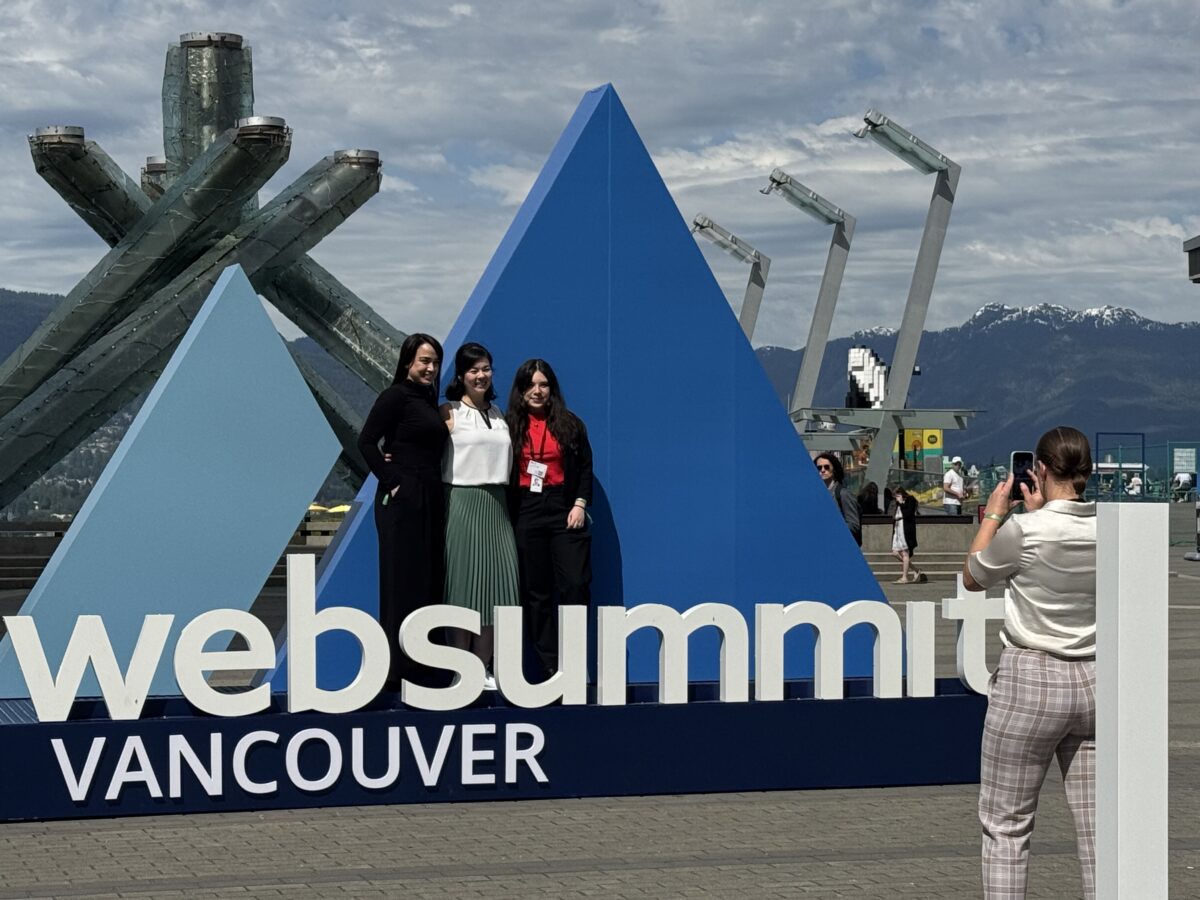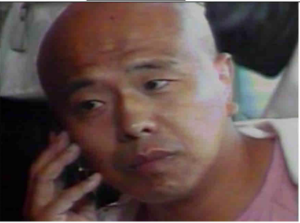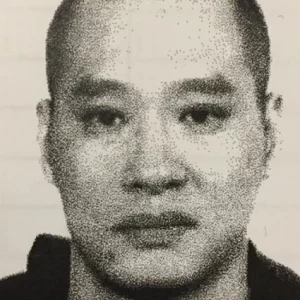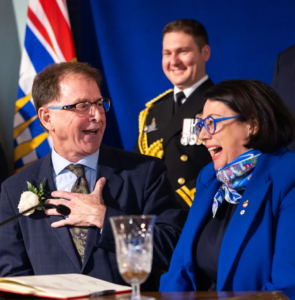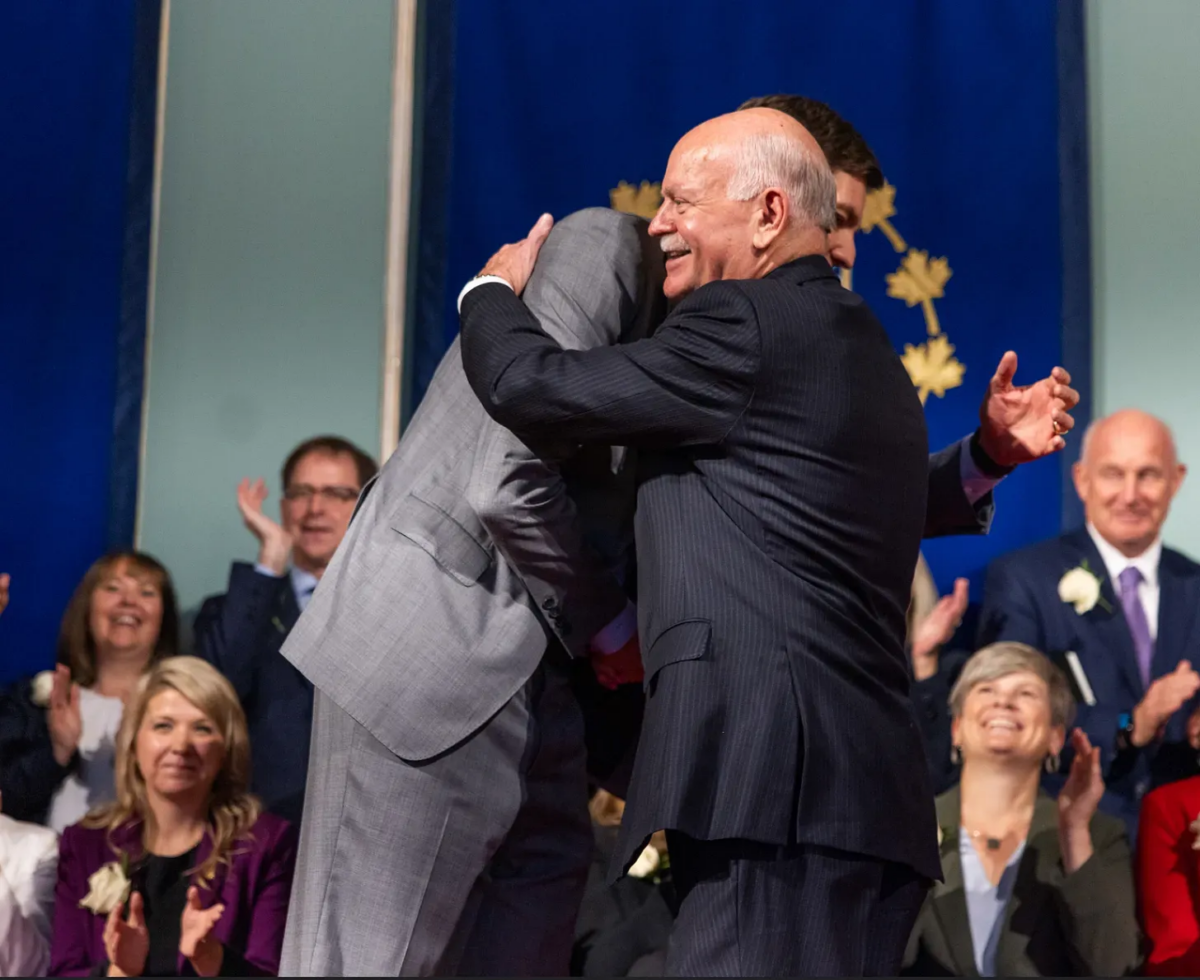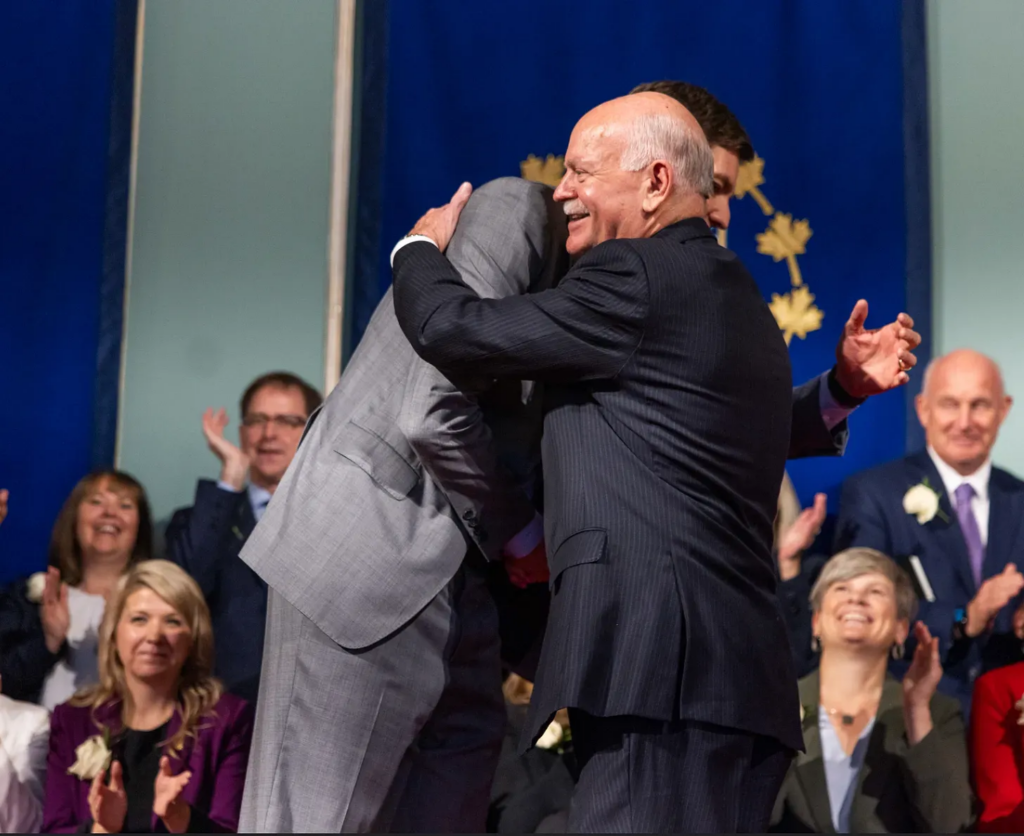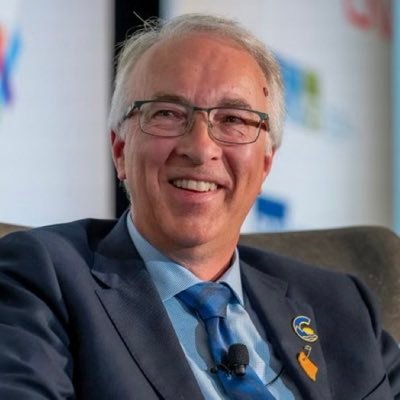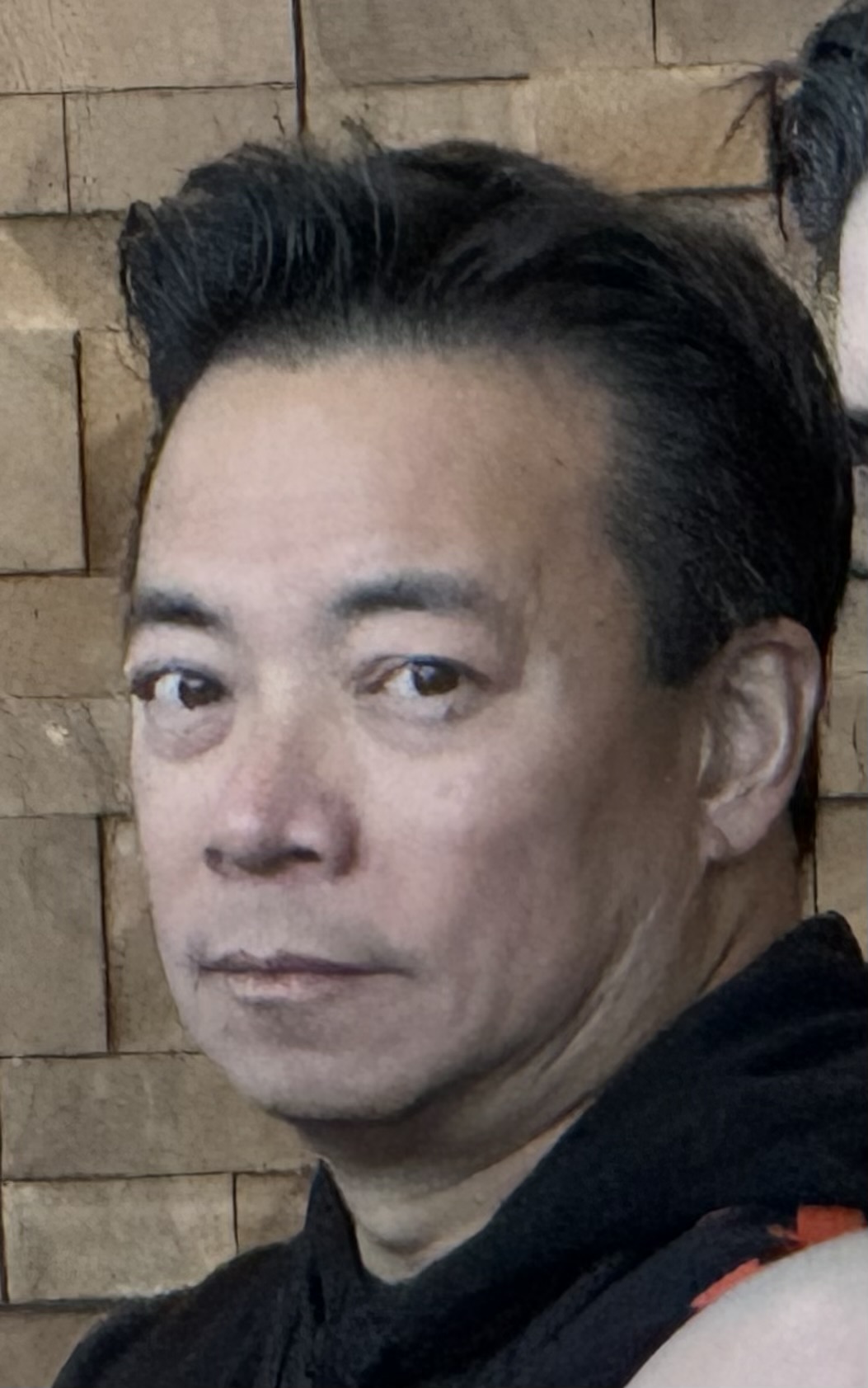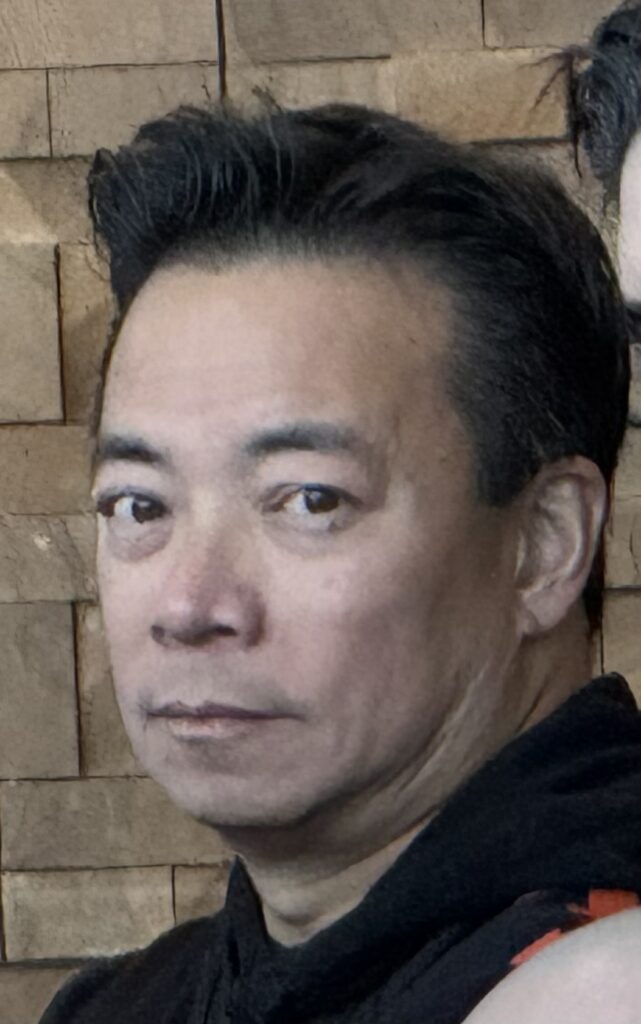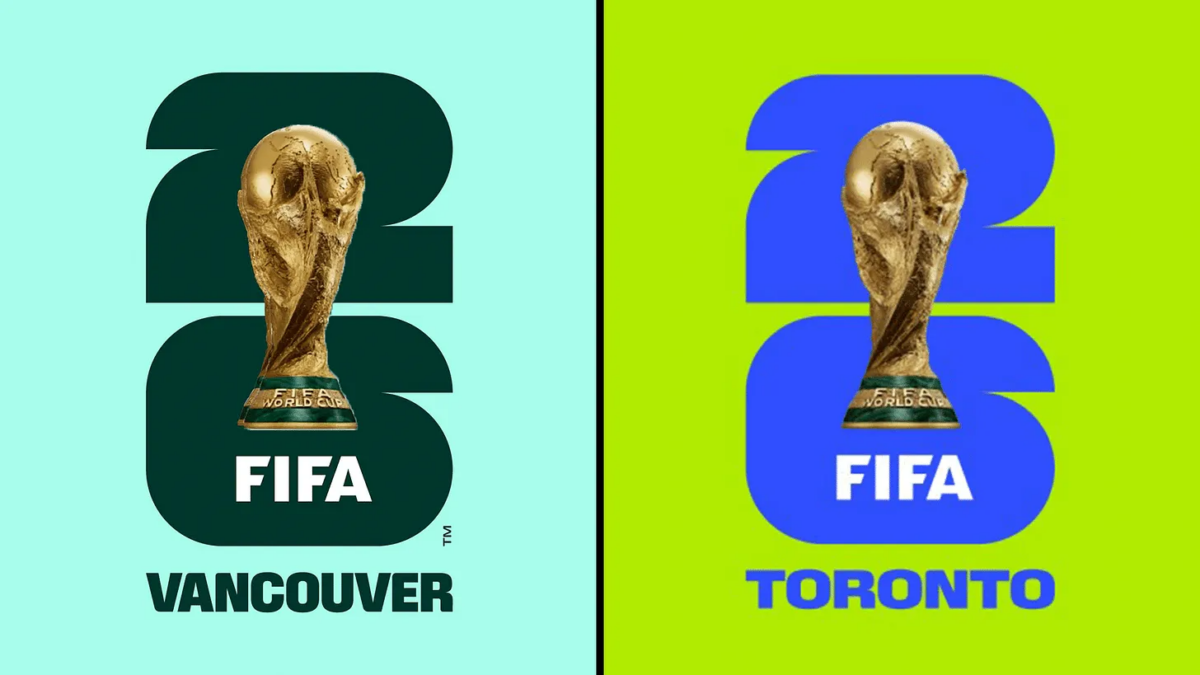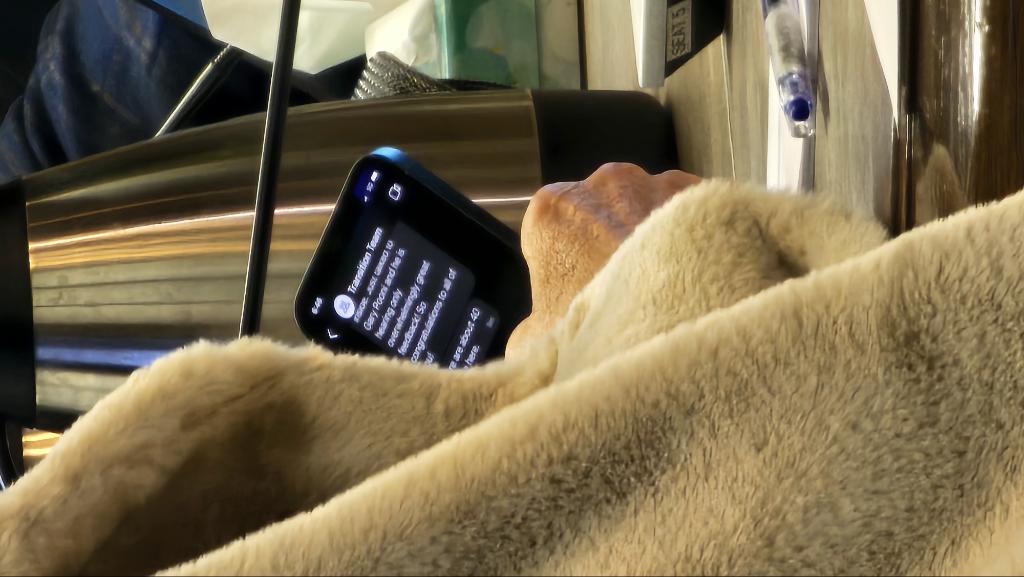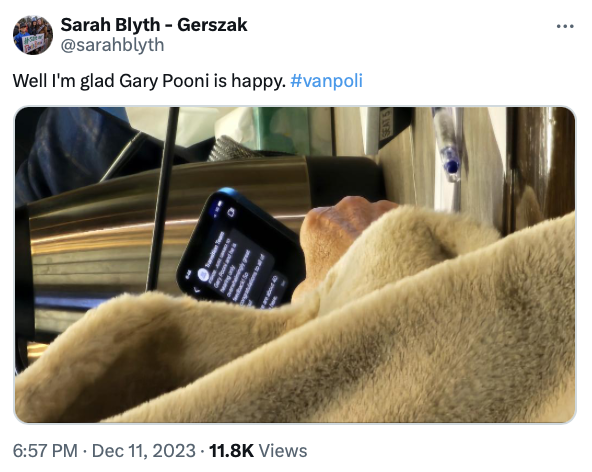Vancouver city hall ordered to release more information about FIFA World Cup 26
Bob Mackin
An adjudicator has set a July 15 deadline for City of Vancouver to disclose more information about its plans for the FIFA World Cup 26, including its contracts with FIFA.
Elizabeth Vranjkovic, of the Office of the Information and Privacy Commissioner, delivered her 73-page decision on June 2 on more than 2,400 pages that Vancouver city hall wanted censored in part or in-full. City hall feared that disclosure would harm in camera meetings, policy advice or recommendations, law enforcement, policy advice or recommendations, financial or economic interests of a public body, individual or public safety, third party business interests and personal privacy.
The decision found the city was authorized or required to withhold some information under the law, “but that much of the withheld information did not fall within the claimed exceptions. The adjudicator ordered the city to disclose that information to [theBreaker.news].”
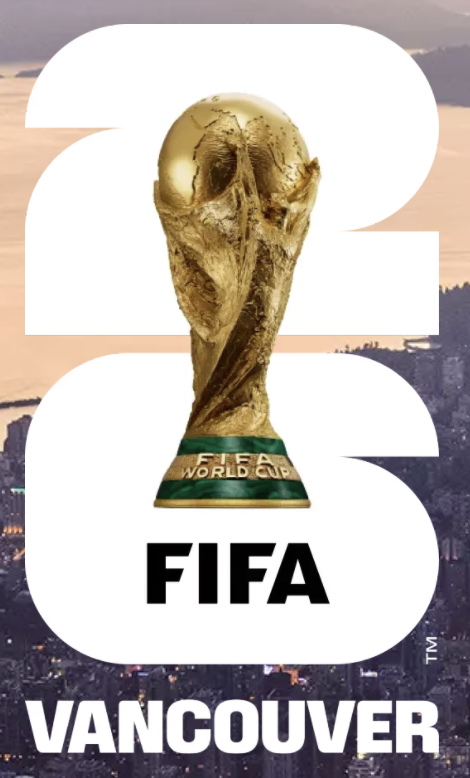
FIFA’s 2026 World Cup logo (FIFA)
More than three years ago, theBreaker.news sought correspondence between City of Vancouver sport hosting manager Michelle Collens and FIFA about the city’s 2018 bid to host matches. Lawyers for city hall, the B.C. government, Vancouver International Airport Authority, B.C. Pavilion Corporation, Canada Soccer, FIFA and a third-party granted anonymity filed their opposition in a written inquiry during 2024.
Secret deals
Vranjkovic confirmed the existence of a participation agreement between the city and NDP government, as well as a confidential city memorandum of understanding with the Musqueam, Squamish and Tsleil-Waututh first nations in September 2024. She rejected “vague and speculative” pleas from Peter Montopoli, the FIFA chief tournament officer for Canada, to keep various documents secret for fear of harm to FIFA business interests
“While the chief tournament officer says that competitors could use ticket information to compete with FIFA, numerous previous orders have held, and I agree, that disclosure of contractual terms that may result in the heightening of competition for future contracts is not a significant harm or a significant interference with negotiating position,” Vranjkovic wrote. “FIFA has not provided adequate evidence or explanation to support my reaching a different conclusion in this case.”
Yellow card for city hall
Vranjkovic was also highly critical of City of Vancouver for sometimes failing to provide evidence or argument to support its position to keep information secret.
“Proceeding in such a manner unnecessarily delays access to information for applicants and is an inefficient use of the OIPC’s limited resources,” she wrote.
The NDP government said more than a year ago that hosting could cost $581 million. The federal government has not revealed a security budget.
The heavily censored copies of contracts provided through the adjudication last year show that B.C. taxpayers are responsible for “all costs and expenses” incurred to fulfil obligations to FIFA and “shall indemnify and hold free and harmless” FIFA and subsidiaries from municipal taxes.
The 48-nation, 16-city tournament kicks off June 11, 2026. Vancouver is hosting seven matches from June 13-July 7, 2026 and a fan festival at the PNE through the July 19 final.
FIFA is also staging its 76th FIFA Congress under the natural grass roof at the Vancouver Convention Centre on April 30, 2026.
Bob Mackin An adjudicator has set a July






